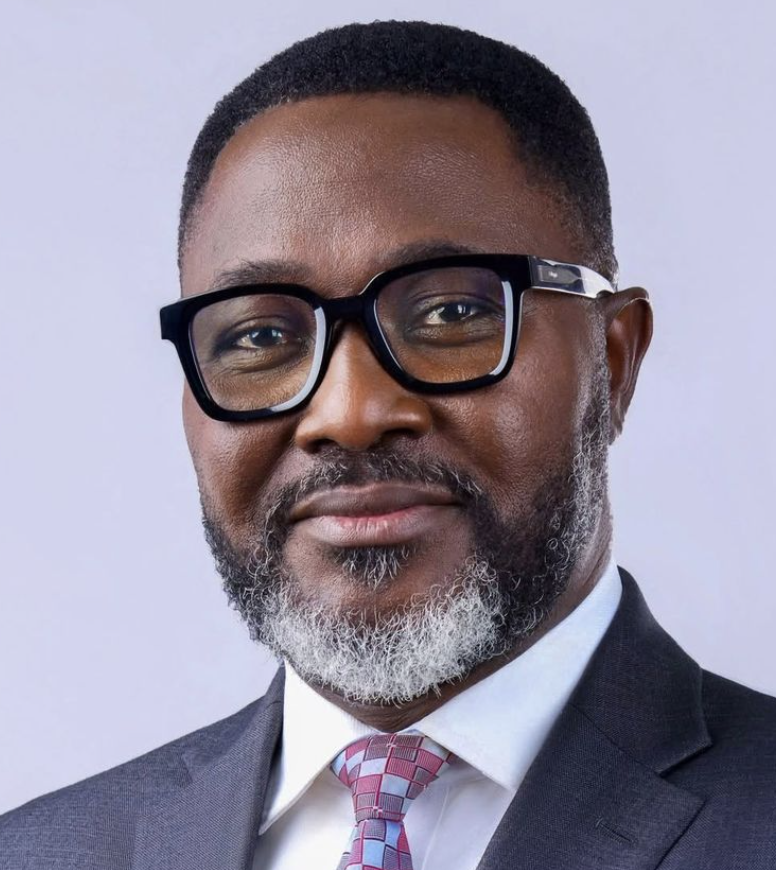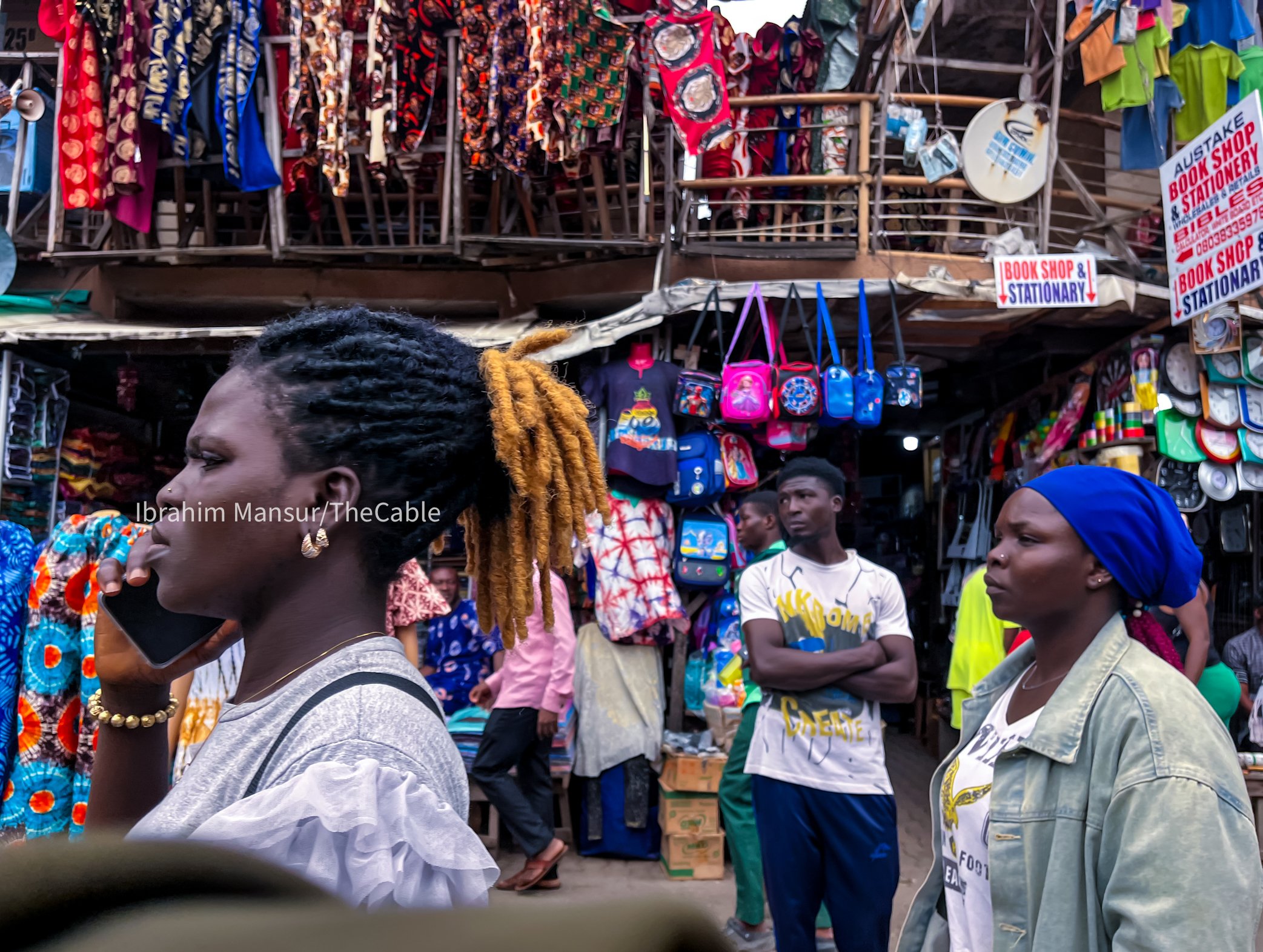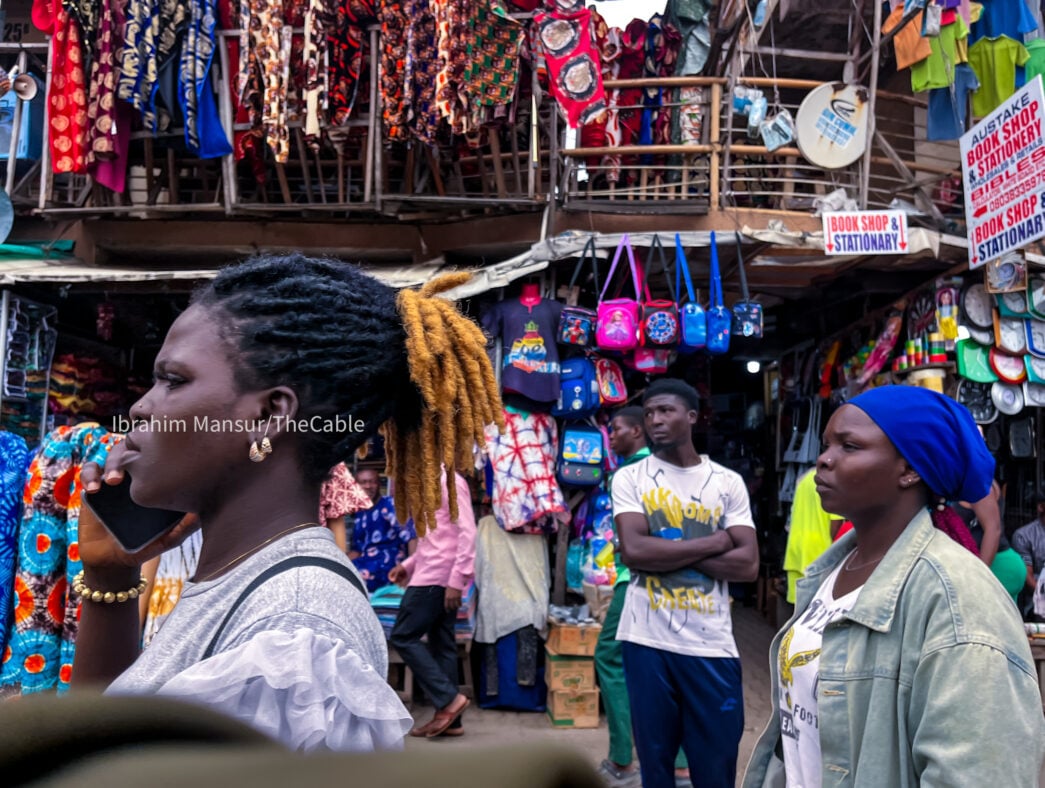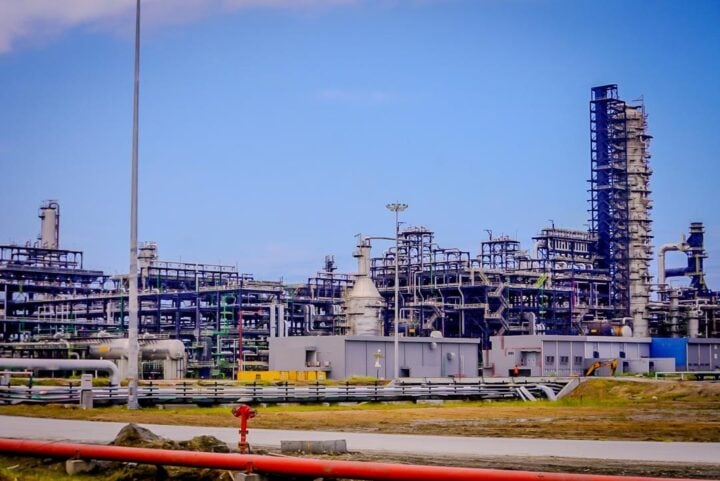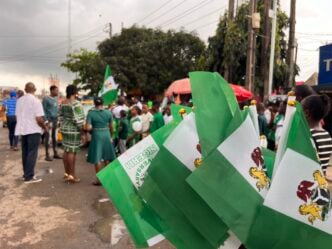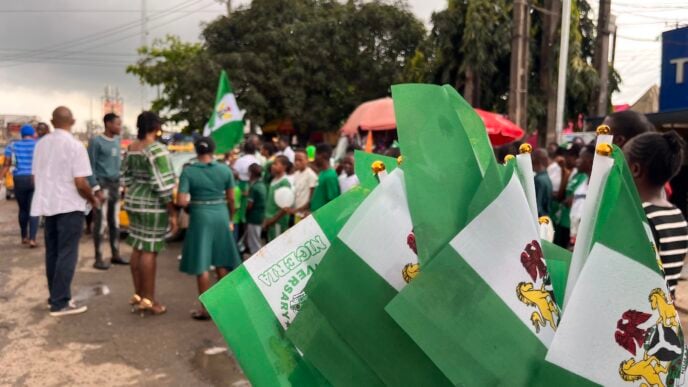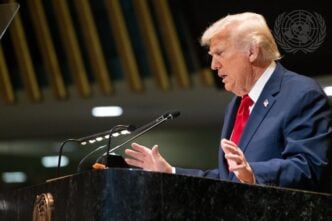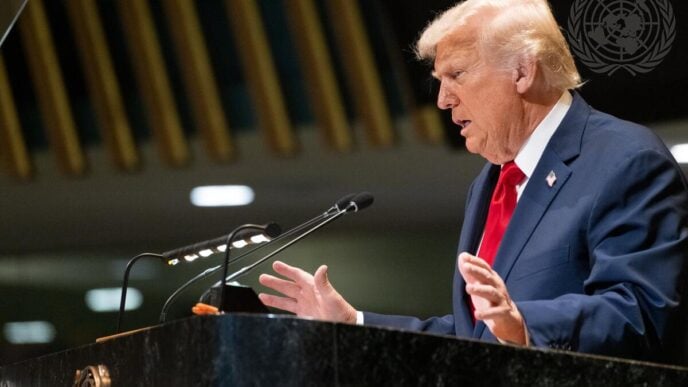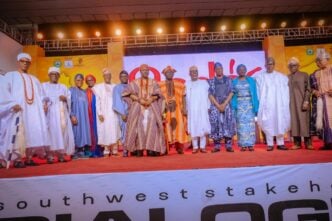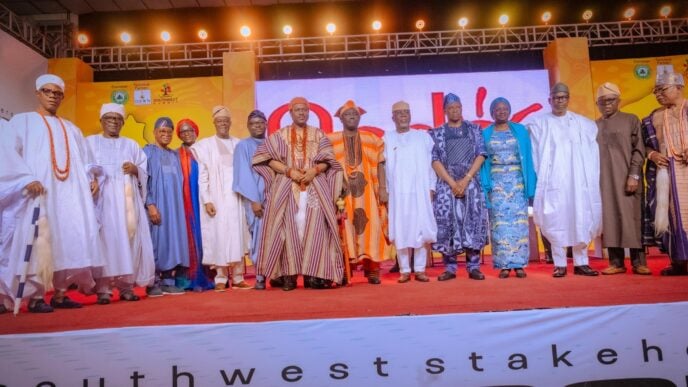As the leaves turn and October draws to a close, Nigeria finds itself caught in an increasingly perplexing paradox. On one hand, the numbers coming out of Abuja and Washington paint a picture of economic stabilization; on the other, the reality lived by millions; from the streets of Lagos to communities across the nation; is one of grinding poverty and relentless inflation. The key question dominating the nation’s discourse is no longer what reforms are needed, but when will the reforms start reforming lives?
This month’s trending issues consolidate into a stark contrast between official accolades and the on-the-ground struggle, framed against a backdrop of persistent political and operational turbulence.
Stability Without Sustenance
The World Bank’s October 2025 Nigeria Development Update (NDU) offered a measured, yet deeply ironic, assessment. It lauded the government for its “bold reforms” in fiscal and monetary policy (actions like unifying the exchange rate) which have helped stabilize the macroeconomic environment. This stability is the “macroeconomic win.”
Advertisement
Yet, the victory is hollow. The NDU was quick to caution that these gains have “yet to significantly improve living standards.” This is the great disconnect. For citizens, the strengthening Naira exchange rate against the dollar might offer a faint signal of hope to investors and large businesses, but it remains distant from the reality of daily transactions for the average person.
The national focus must now shift entirely. We’ve spent months discussing the what of reform; we must now obsess over the how; the policy-to-people pipeline. If stabilization doesn’t flow down to the consumer, it merely creates a prosperous segment in a struggling nation. We need efficient public spending and targeted investments to close the gap between the government’s ledgers and the people’s wallets.
The Twin Tyrants: Food Inflation and Deepening Poverty
The true gravity of Nigeria’s economic transition is measured not in forex figures, but in the rising cost of the simplest commodities. Food inflation isn’t an abstract economic term; it is the silent tyrant affecting homes. It is the cost of basic food items and the reason why household budgets are under intense pressure.
Advertisement
This humanitarian crisis is further underlined by the NDU’s warning that poverty is still high and rising. An employment surge is not enough; Nigeria needs productive jobs – wage-earning opportunities that actually lift families out of penury. When basic necessities become unaffordable, any talk of macroeconomic stability loses its most crucial value.
The urgent call from experts for enhanced social protection programs must not be treated as a policy afterthought. It is an immediate social intervention imperative. The government’s priority must be on prioritizing the most vulnerable and implementing sincere, efficient measures to dampen the heat of inflation.
Security, Justice, and Operational Turbulence
The underlying uncertainty created by non-economic issues makes the path to prosperity steeper. This month saw a resurgence of critical, non-financial turbulence:
• Security Concerns and Leadership Changes: The government recently undertook a significant reshuffling of key security appointments across various agencies, a move that signals a renewed drive to address the persistent security challenges across the country. Addressing these threats is crucial for creating an environment conducive to investment and growth.
• The Crisis of Accountability and Justice: Discussions around the long-delayed reforms of public institutionsand demands for greater government accountability remain at the forefront of civic discourse. The failure to deliver meaningful improvements in institutional justice and effective operational governance fuels public frustration and distrust in the state’s capacity to uphold the law fairly.
• A Glimmer of Hope: The one significant piece of good news was Nigeria’s removal from the Financial Action Task Force (FATF) money-laundering grey list. This demonstrates that when the government aligns its focus, resources, and political will on a specific, non-negotiable reform goal, it can achieve positive, measurable results that boost the nation’s global standing.
Advertisement
The lesson of October 2025 is clear: Nigeria has initiated a tough, necessary economic journey. But to truly win, the focus must shift from statistical applause to palpable relief. The government must now execute the most challenging task of all – making the benefits of stability felt not just by the privileged few, but by every Nigerian battling the twin tyrants of poverty and inflation. The true measure of a successful reform will be seen on the dining table, not in the exchange rate column.
Adebawo is an accomplished business leader and communications expert with extensive experience in the oil and gas industry. He currently serves as the General Manager of Government, Joint Venture, and External Relations at Heritage Energy. Adebawo is also an author, scholar, and ordained minister, known for his writings on socioeconomic issues, strategic communication and leadership.
Views expressed by contributors are strictly personal and not of TheCable.
